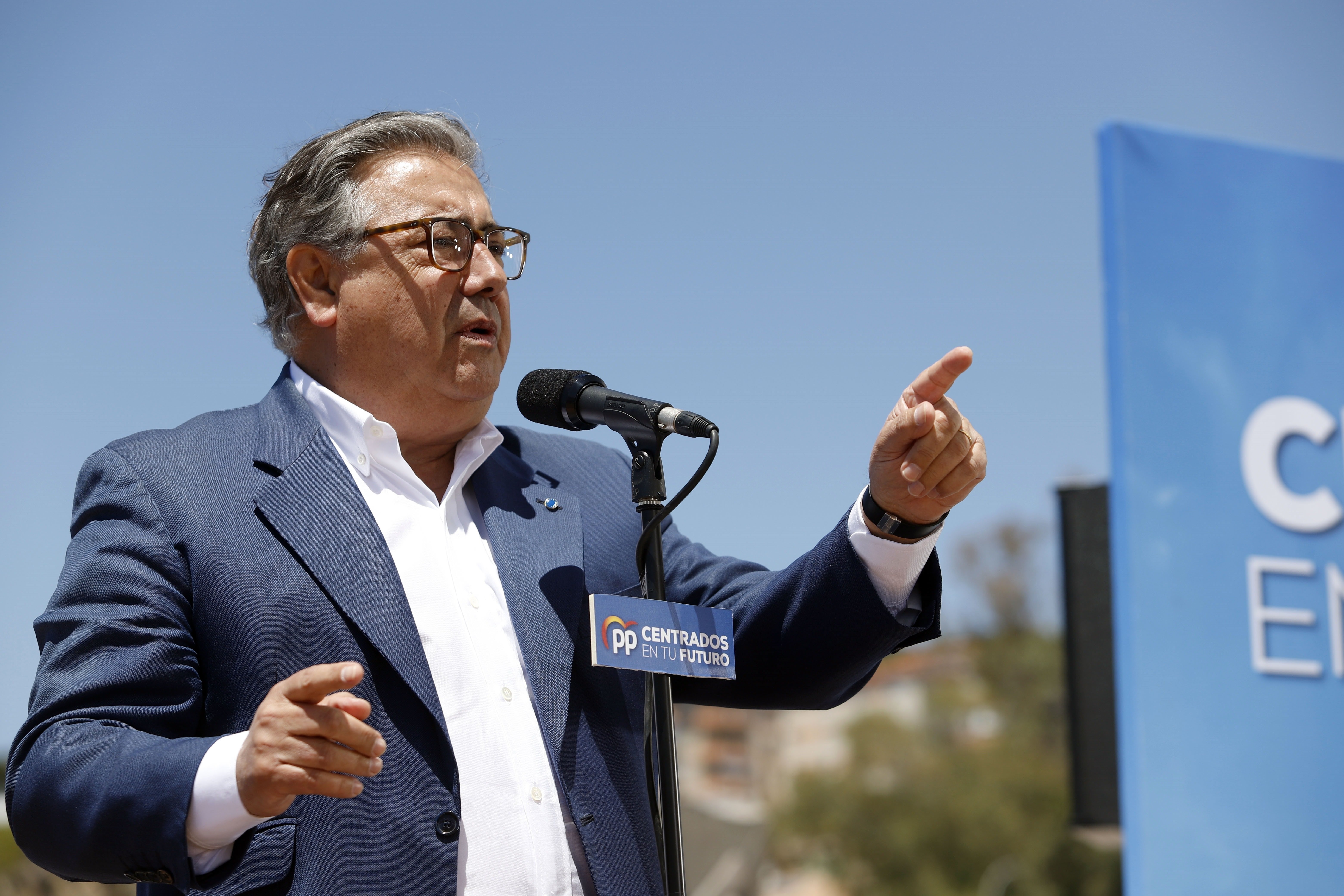Former Spanish interior minister and current MEP Juan Ignacio Zoido has justified the use of the Pegasus espionage software system within legal limits to investigate "all criminal actions" in the context of the Spanish state's investigation of Catalan pro-independence leaders, including the current president of Catalonia, Pere Aragonès. The People's Party (PP) politician Zoido, who headed Spain interior ministry at the time of the 2017 Catalan independence referendum and is now himself a member of the European Parliament's Pegasus committee, told Spanish radio station Onda Cero, that, should it be proven that the Spanish government had used this program through its intelligence service (CNI) to learn about the content of Aragonès's mobile phone, "all the facts that constitute criminal actions" should be investigated, always under judicial authorization and in compliance with the legal norms with the objective of the Spanish government being able to "defend Spain".
"When spying to pursue a crime and when evidence must be obtained, the use of these tools (...) very much justifies listening to what is going on," said the former PP minister. Having said that, he insisted that the European parliamentary delegation, which has arrived this Monday in Madrid to investigate the use of the Pegasus spyware program, seeks to strengthen Spain's image even if "an explanation has to be given for the sake of Spain, for the health of our institutions and to recover the prestige of our nation", he emphasized. "The Spanish government still has time to give sufficient explanations to the investigating committee," said Zoido.
The pro-independence strategy, according to Zoido
During the mission to Madrid that begins today - a holiday in the Spanish capital - and concludes tomorrow Tuesday, the MEPs will meet with Pere Aragonès and others affected by Pegasus, as well as with social organizations and deputies. According to what the MEP has stated, this mission is coming to Madrid to clarify the facts and to "call into question the Catalangate report". On this, Zoido insisted that the pro-independence leaders previously knew that the Spanish government had spied on them, but they publicly denounced this espionage to "regain relevance" at a time when "Catalan secessionism was at its lowest ebb".
The members of the delegation
The delegation from the European chamber is made up of four MEPs from the Spanish state - Juan Ignacio Zoido (PP), Diana Riba (ERC), Iban García del Blanco (PSOE) and Jorge Buxadé (Vox) - as well as the president of this European Parliament committee of inquiry, Jeroen Lenaers (Dutch EPP), the Slovakian EPP member Vladimir Bilcik, the Dutch liberal Sophie In t' Veld, Polish liberal Roza Thun, the French rightist Gilles Lebreton and the French leftist Anne-Sophie Pelletier. The two-day visit is limited to Madrid and was formally agreed in January, after similar missions to Israel, Poland, Greece and Cyprus were approved and one to Hungary was decided on, which took place in February.
Thus, this Monday's agenda includes a meeting with members of the Catalan Parliament who serve on this chamber's own committee to investigate the Catalangate espionage - Oscar Aparicio (PSC), Marta Vilalta (ERC), Albert Batet (Junts), Alberto Tarradas (Vox), Montserrat Vinyets (CUP) and Lucas Ferro (Commons). On Tuesday there will be a meeting at the office of the European Parliament in Madrid with victims of the espionage, among whom will be the current president of the Generalitat, Pere Aragonès; the Catalan foreign minister, Meritxell Serret, and ERC's Barcelona city councillor and current mayoral candidate, Ernest Maragall.
Catalan pro-independence parties have denounced the obstructionism of the Spanish authorities towards the European mission, which also coincides on Tuesday with the scheduling of the Spanish Congress's debate on a no-confidence motion brought by Vox. The Spanish government's executive participation in the committee's fact-finding visit will not be through prime minister Pedro Sánchez or one of his ministers, as had been requested, but rather, the government will be represented by a senior civil servant, the Secretary of State for European Affairs, Pascual Navarro.

